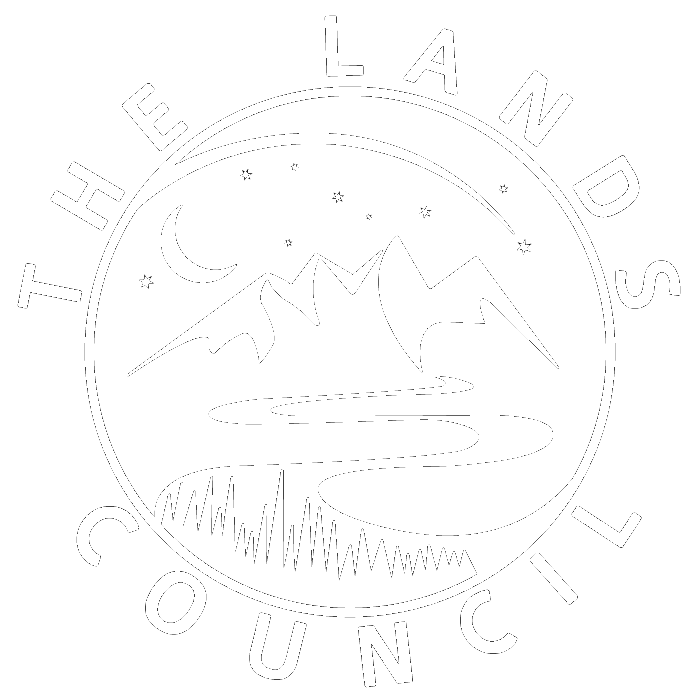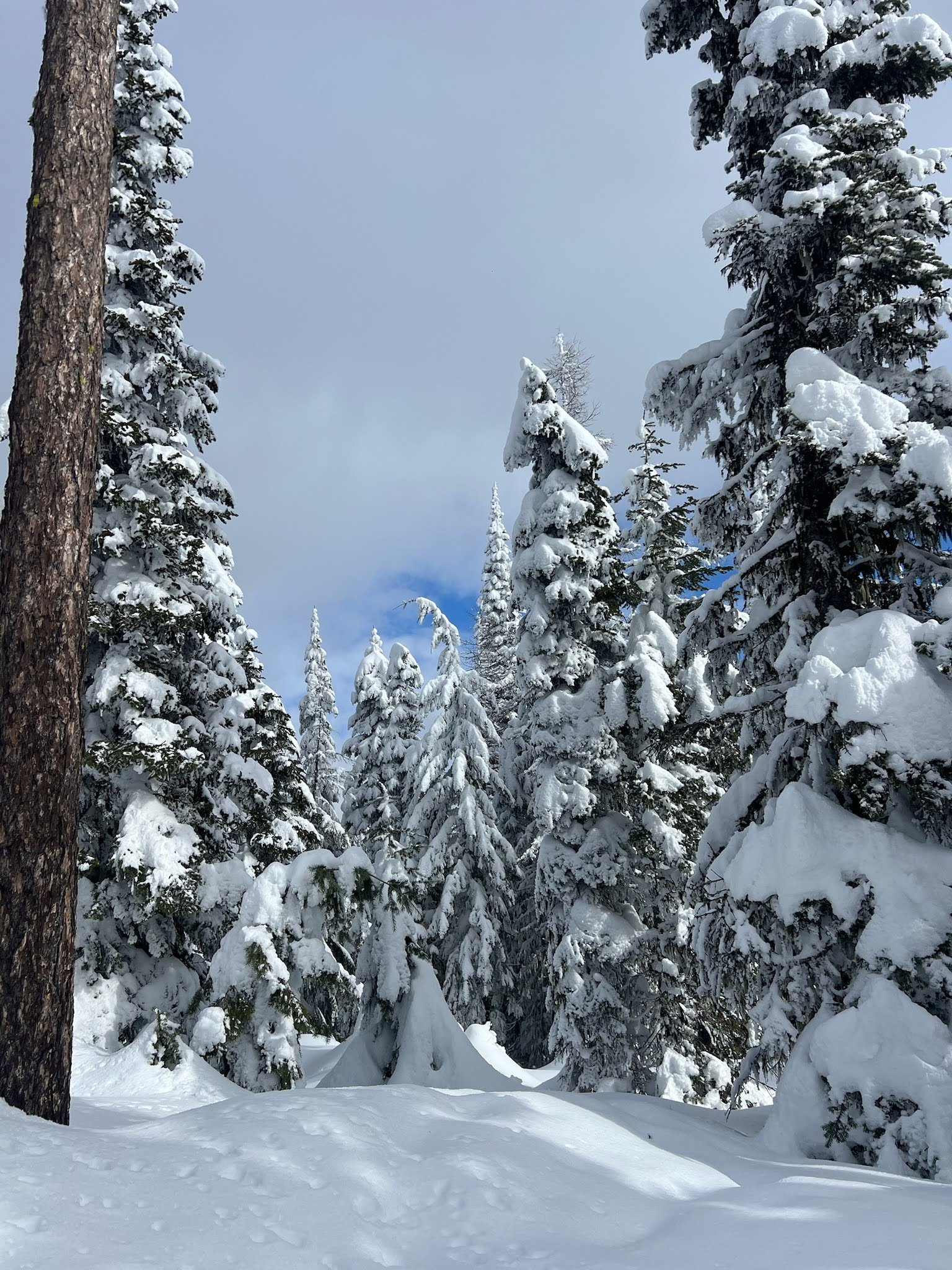Students at North Central High School's Institute of Science and Technology are working with PhD-level resources to solve a longstanding environmental issue in their own backyard. Hanna Faught and Meilin Scott are partnering with The Lands Council to determine whether bioremediation could help remove Polychlorinated biphenyls - or PCBs - from the Spokane River.
Thoughts From Our Executive Director | March 2021
Inadvertent PCB's
By Mike Petersen
The Lands Council has just embarked on a new strategy to reduce PCB’s (polychlorinated biphenyls) in the Spokane River! With the support of the Spokane River Regional Toxics Task Force, we are starting a national campaign to reduce PCB’s contained in newsprint ink, paint, and other products.
Thoughts From Our Executive Director | January 2021
Thoughts From Our Executive Director | December 2020
Welcome to our end of the year newsletter! Despite COVID-19, we have been busy as beavers!
Our efforts to help mitigate and reduce the impacts of climate change are multi-pronged. This year we have constructed beaver dam analogs, protected beaver habitat, planted over a thousand trees, helped Spokane create a climate action plan, and we are helping a regional coalition wind down our fossil fuel supply chain. Almost all of the staff are involved in climate and sustainability issues.
When the West Coast wildfires are out, can mushrooms help with the cleanup?
By Monica Nickelsburg
When the worst wildfire season on record in the West finally subsides, it will give way to another potentially devastating environmental crisis: toxins from charred and melted plastics, electronics, and other household materials leaching into watersheds, endangering residents, agriculture, and ecosystems.
TLC's Fungi Project Report
By Mike Petersen
The work to reduce the amount of PCB’s (polychlorinated biphenyls) that enter the Spokane River takes many forms. Our innovative Fungi Project has made good progress this year. We are partnering with North Central High School and bioremediation expert, Les Stephens, to use fungi and soil bacteria to break down PCB’s and hydrocarbons found in stormwater sludge (known as vactor waste).
Fungi Project Bioremediation Results
For the past three years, we have been working with students from North Central High School on our Fungi Project. We began our innovative Fungi Project to investigate the ability of several species of mushrooms to break down persistent polychlorinated biphenyls (PCBs). This project aims to prevent PCBs from entering our urban waterways and making their way into the food and water supply.
Thoughts From Our Executive Director | May 2020
The Lands Council has been staying busy. Cleaning up our Spokane River is a key part of our work. I recently took part in a virtual conference for the annual National River Rally. My topic was reducing inadvertent PCBs (polychlorinated biphenyls). The Spokane River Regional Toxic Task Force is leading the country in investigating these man-made chemicals that are contaminating the Spokane River. They come from inks, paint, and pigments that are produced with chlorine. Think of that yellow stripe in the road as it washes into the storm water - it contains a certain variety (congener) of PCB Even the newsprint in recycled paper has inks that contain PCBs.










